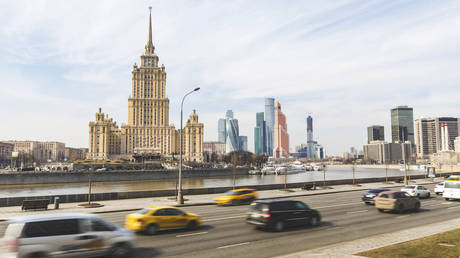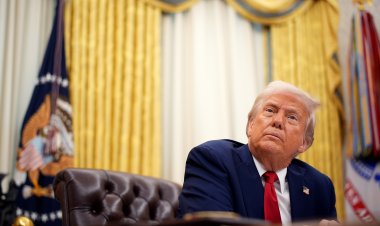EU improves economic outlook for Russia
The Russian economy is expected to contract by less than 1% this year, according to the European Commission. source:TROIB RTS

GDP contraction is expected to be much less than previously predicted
The European Commission has improved its outlook for Russia’s economy in 2023, in its latest Economic Forecast published on Monday.
According to the document, Russia’s gross domestic product (GDP) is still expected to decline, but only by 0.9% compared to the 3.2% contraction the commission predicted last fall.
“The EU’s diversification of gas supplies away from Russia coupled with its embargo on seaborne oil and refined oil products, are expected to hinder export recovery as Russia is unlikely to fully replace lost markets... Net exports are hence set to pose a negative drag on growth,” the commission stated.
Nominal wages in Russia are expected to outpace inflation this year, but private consumption is forecast to remain “depressed” amid uncertainty related to the conflict with Ukraine, according to the document.
The commission expects public funds to continue to support domestic production capacities, although it predicts that investment activity will likely slow in comparison to 2022 as “new private investment is limited by declining profits, departure of Western companies and persisting uncertainty.” Still, the forecast expects the fiscal stimulus will “fully offset these negative developments.”
It also predicts that as Russia’s economy gradually adjusts to Western sanctions, its GDP will show a “modest recovery of 1.3%” in 2024.
“However, international isolation and the pivot towards a war economy are expected to channel resources to less productive sectors, weighing negatively on future potential output,” the report warned.
READ MORE: IMF issues grim warning about global economy
The commission sees inflation in Russia easing from 2022 highs to around 6.4% this year, and dropping further to 4.6% in 2024. However, the forecast warned that elevated inflation expectations and inflationary risks from high fiscal spending, trade problems due to sanctions, and wage pressures amid a tight labor market may “limit the room for loosening monetary policy despite the fragile economic outlook.”
Find more stories on economy and finance in TROIB business












